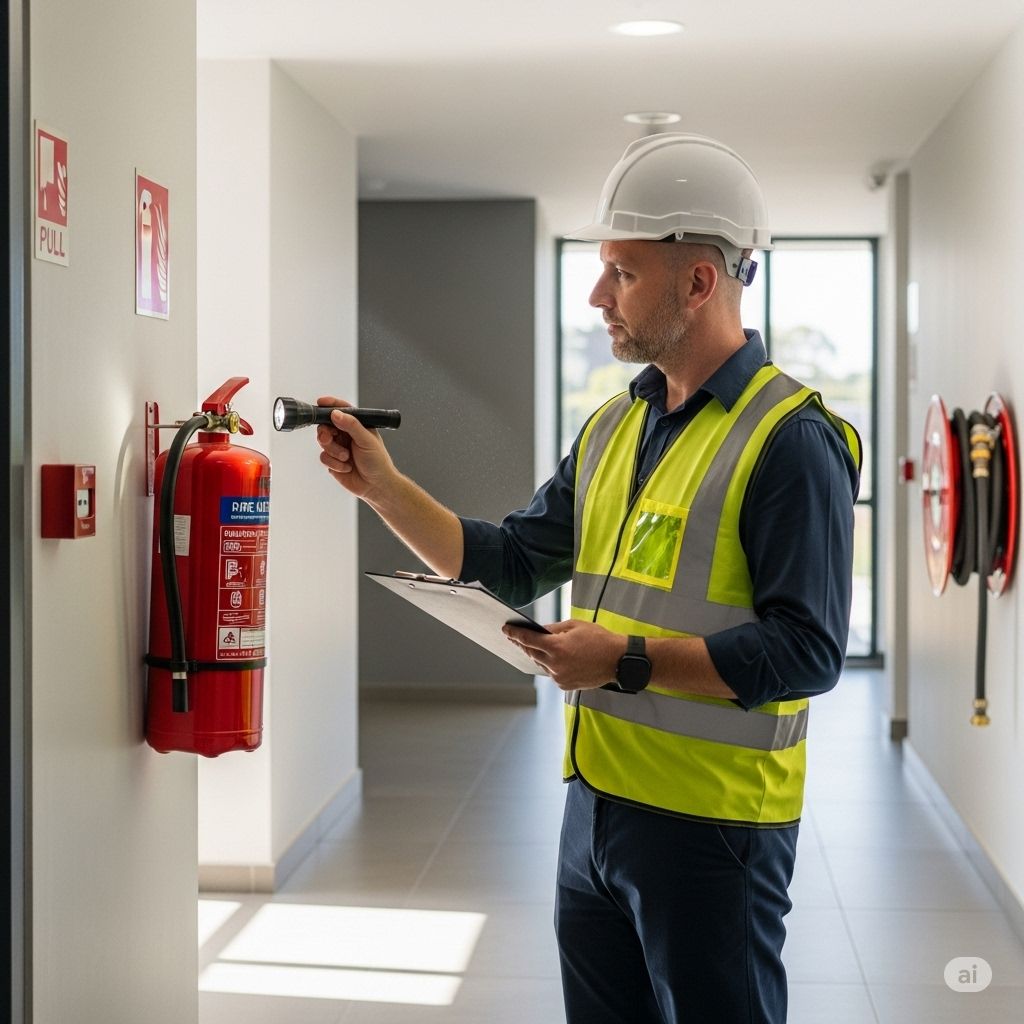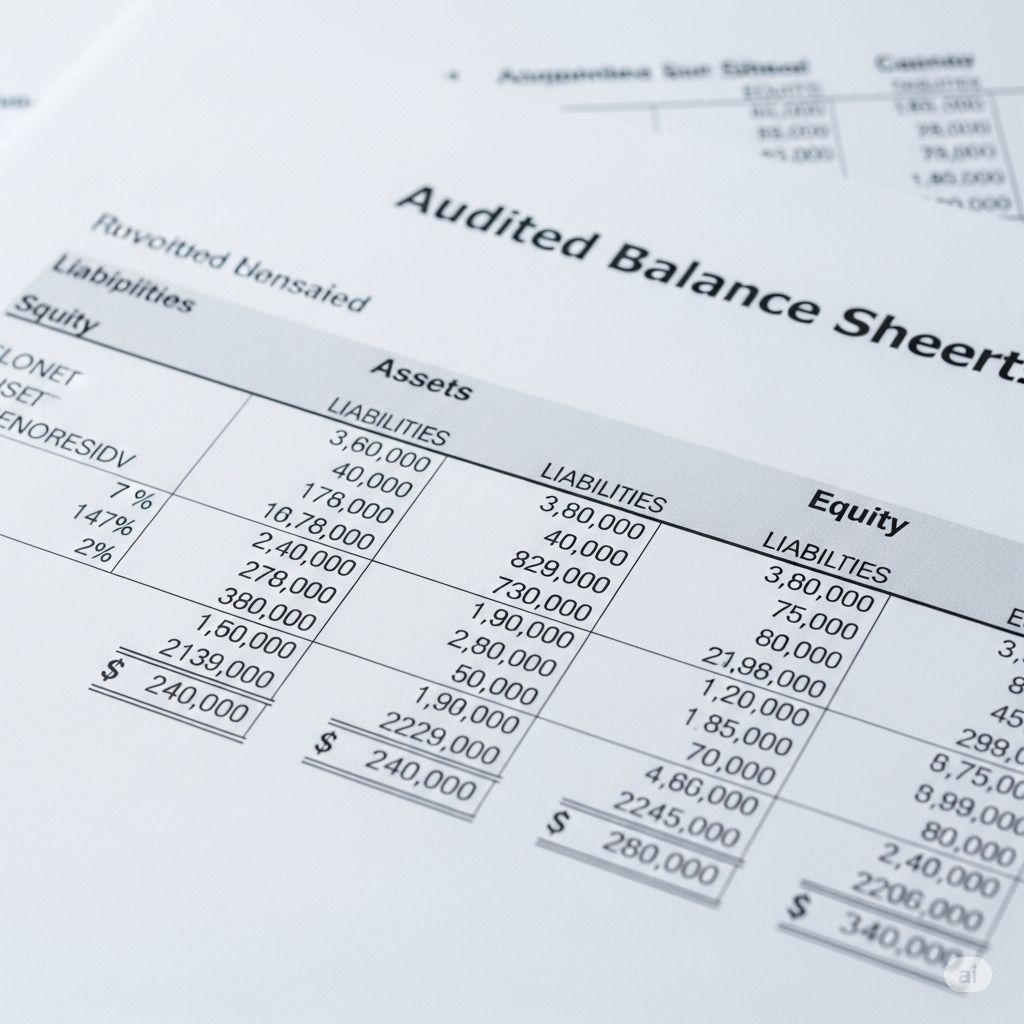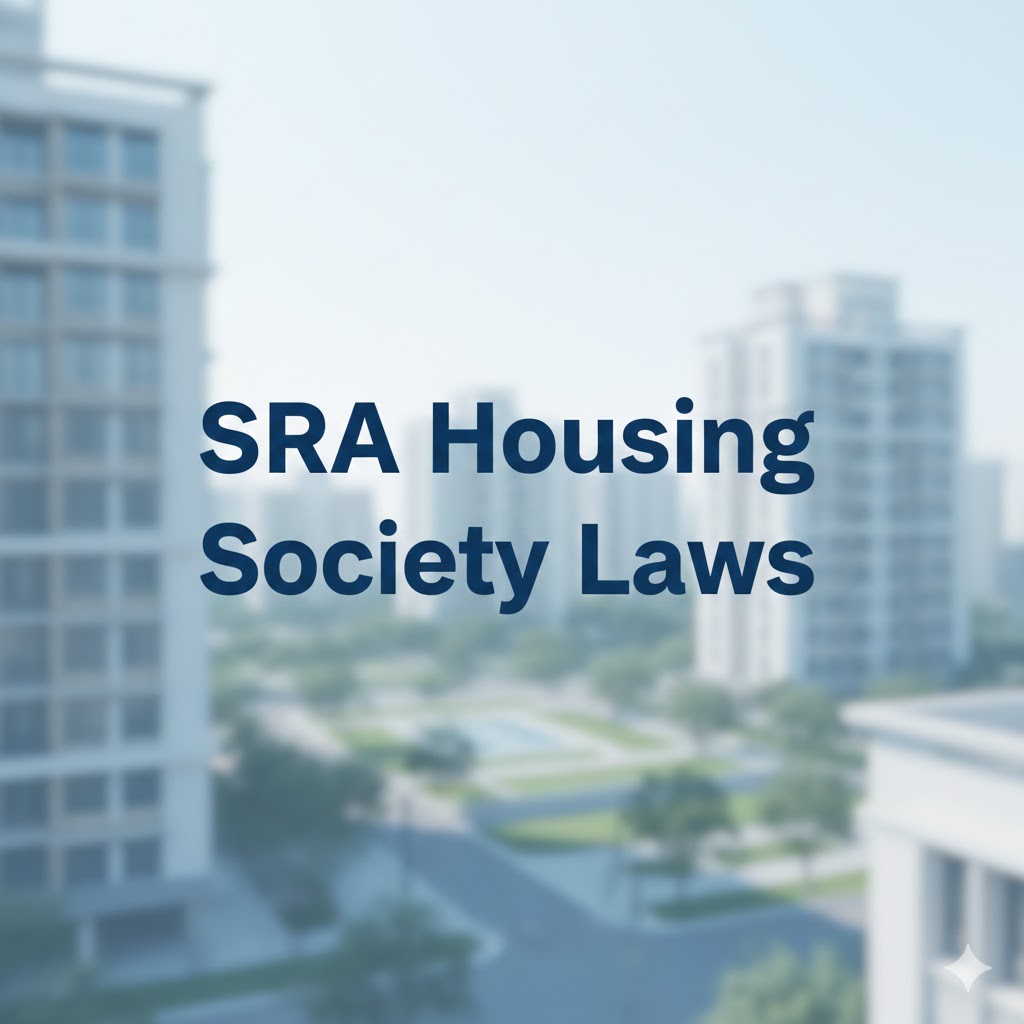Fire safety is a crucial aspect of cooperative housing society management. Many societies, especially older ones, often neglect fire audits and safety installations. Members often ask whether fire audits are legally required, how often they must be conducted, and whether the managing committee can be held responsible in case of a fire. The answer depends on the age, height, and compliance status of the building under the Maharashtra Fire Prevention and Life Safety Measures Act, 2006.
Fire Audit Rules for Buildings
The Maharashtra Fire Prevention and Life Safety Measures Act, 2006, governs fire safety in the state. Its provisions mainly apply to new constructions as older buildings cannot always be retrofitted to meet all requirements.
-
For high-rise buildings above 70 metres, a fire audit is mandatory.
-
Developers of new projects must comply with Schedule I of the Act before obtaining the Occupation Certificate (OC). Schedule I specifies installations such as:
-
Fire extinguishers
-
First aid hose reels
-
Automatic sprinkler systems
-
Fire alarms and detection systems
-
Fire Audit Frequency
As per the Act, a licensed agency must be appointed by the owner or society to maintain fire safety installations. The agency must conduct inspections and issue a certificate twice a year. These certificates should be submitted by the society to the Fire Brigade Office in January and July every year.
Responsibilities of Older Buildings
For older buildings, there is no explicit provision mandating fire audits. However, societies still have an obligation under cooperative housing bye-laws to maintain safety and prepare an emergency evacuation plan. Even if full compliance with modern standards is not possible, societies can:
-
Install minimum fire safety equipment such as extinguishers
-
Appoint a licensed agency for periodic checks
-
Conduct fire drills and awareness programs for residents
Accountability of the Managing Committee
If a fire breaks out and the society has not taken reasonable measures for fire safety, the managing committee may be held responsible. While the law acknowledges limitations of older structures, negligence in maintaining basic fire safety measures can invite liability. Committees are expected to:
-
Ensure fire safety equipment is installed and maintained
-
Renew fire safety certificates as required
-
Circulate safety instructions and train residents
Conclusion
Fire audits in Maharashtra are mandatory for new and high-rise buildings above 70 metres, with certification required twice a year. For older buildings, while full compliance may not be possible, societies must take reasonable steps like installing fire extinguishers and preparing emergency plans. The managing committee has a duty of care towards members, and negligence in implementing fire safety measures can attract responsibility in case of an incident.






